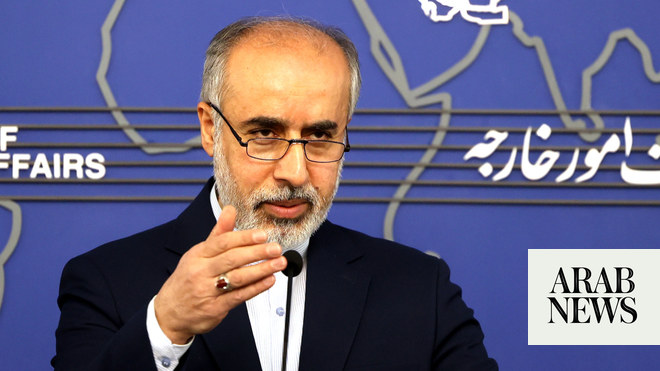
After two and a half years of legal wrangling, an extradition hearing over Meng Wanzhou has wrapped up, leaving the fate of Huawei’s chief financial officer – and potentially that of two detained Canadians caught up in a geopolitical tussle – in the hands of a British Columbia judge.
The arrest and legal saga of the telecoms executive has become a source of immense tension between the economic superpowers China and the United States, but it has been Canada – and two of its citizens – that has suffered the steepest collateral damage.
Meng, daughter of the Huawei founder Ren Zhengfei, was arrested on a provisional warrant on 1 December 2018 as she transited in the Vancouver airport, en route to Mexico City.
In a move widely seen as retaliation by Beijing, two Canadians – Michael Kovrig and Michael Spavor – were detained days later and eventually charged with espionage-related crimes. Canada has rejected the charges, accusing China of engaging in “hostage diplomacy”. Spavor was recently sentenced to 11 years in prison.
Officials with the United States justice department allege that in 2013, Meng misled bankers at HSBC about the relationship between Huawei and subsidiary SkyCom, putting the bank at risk of breaching US sanctions against Iran. The United States wants her extradited to New York to face criminal charges.
But Meng’s legal team argued earlier this week that the banking giant never faced civil or criminal consequences for breaching American sanctions. Over three days, her lawyers also suggested to the court there had never been a fraud case in Canada where the mere possibility of prosecution would merit charges, especially if no loss was suffered by the victim.
“In this case, there is simply no evidence of a quantifiable or measurable risk of loss to HSBC,” said defence lawyer Scott Fenton. ”We are in a zero loss situation.”
Meng’s legal team also questioned the US evidence, calling it “manifestly unreliable” and suggesting that the only conclusion a court could reasonably make would be to release her.
“We would say fundamental justice demands that Ms Meng not be extradited to face charges on these legally and factually flawed allegations. Accordingly, we would ask you to discharge her,” lawyer Eric Gottardi told the court.
Both sides agree that Meng told HSBC that Huawei and Skycom did business together in Iran.
But on Wednesday, lawyers for the Canadian government, representing their American counterparts, argued Meng’s actions in 2013 constitute fraud and that she should face prosecution.
Crown lawyer Robert Frater said the defense was asking the associate chief justice of the British Columbia supreme court Heather Holmes to draw inferences and conclusions that are not spelled out in the record of the case – and argued that defense lawyers’ version of events represented an “alternative narrative” to the truth.
In extradition hearings, government lawyers only need to demonstrate that if the crime had been committed in Canada, there is sufficient evidence to bring the accused to trial.
“We’ve met our burden, and [Meng] should be committed,” said Frater.
Holmes, a former prosecutor specializing in corporate crime, has the relatively narrow task of deciding if there is enough evidence to plausibly convict Meng. She has to make her decision based on a record of the case provided by US justice department officials, a timeline of events and potential witnesses.
If she feels the prosecution failed to mount a case with enough proof she could reject the extradition request.
Lingering in the background is the reality that China appears to have linked the trials of Spavor and Kovrig to pivotal moments in Meng’s extradition case – and that a verdict on Kovrig is expected to follow a decision on Meng’s fate.
Holmes has set the next hearing date for 21 October, where she is expected to give a clearer timeline on when a decision can be expected.
Even if she chooses to approve the extradition request, appeals by Meng could bring the case all the way to the country’s supreme court – a lengthy and costly route that could take eight years.











